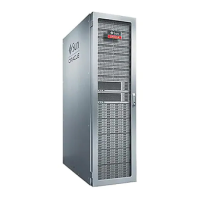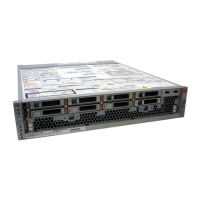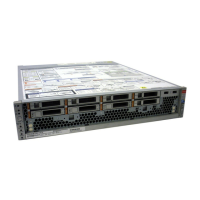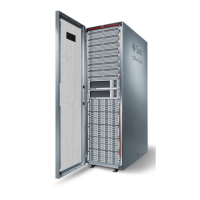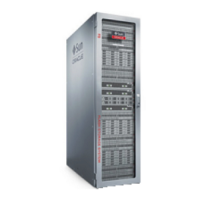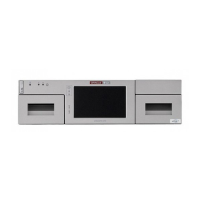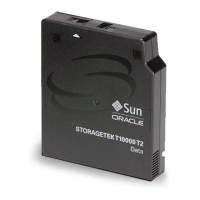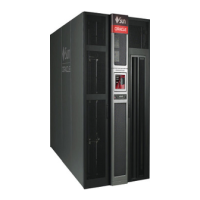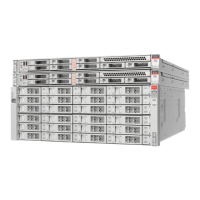Project and Share Properties
database files or table. Block sizes of existing files and tables will not be changed. For more
information, see “Oracle Intelligent Storage Protocol” on page 644.
Additional replication
The additional replication property controls the number of copies stored of each block, above
and beyond any redundancy of the storage pool. Metadata is always stored with multiple
copies, but this property allows the same behavior to be applied to data blocks. The storage pool
attempts to store these extra blocks on different devices, but it is not guaranteed. In addition, a
storage pool cannot be imported if a complete logical device (RAID stripe, mirrored pair, etc)
is lost. This property is not a replacement for proper replication in the storage pool, but can be
reassuring for paranoid administrators.
Virus scan
The virus scan property controls whether the filesystem is scanned for viruses. This property
is only valid for filesystems. This property setting is independent of the state of the virus scan
service. Even if the Virus Scan service is enabled, filesystem scanning must be explicitly
enabled using this property. Similarly, virus scanning can be enabled for a particular share even
if the service itself is off. For more information about configuration virus scanning, see Virus
Scan.
Prevent destruction
When set, the share or project cannot be destroyed. This includes destroying a share through
dependent clones, destroying a share within a project, or destroying a replication package.
However, it does not affect shares destroyed through replication updates. If a share is destroyed
on an appliance that is the source for replication, the corresponding share on the target will be
destroyed, even if this property is set. To destroy the share, the property must first be explicitly
turned off as a separate step. This property is off by default.
Restrict ownership change
By default, ownership of files cannot be changed except by a root user (on a suitable client
with a root-enabled export). This property can be turned off on a per-filesystem or per-project
basis by turning off this property. When off, file ownership can be changed by the owner of
the file or directory, effectively allowing users to "give away" their own files. When ownership
is changed, any setuid or setgid bits are stripped, preventing users from escalating privileges
through this operation.
370 Oracle ZFS Storage Appliance Administration Guide, Release OS8.6.x • September 2016
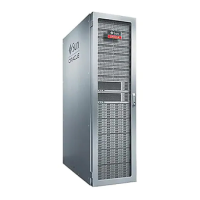
